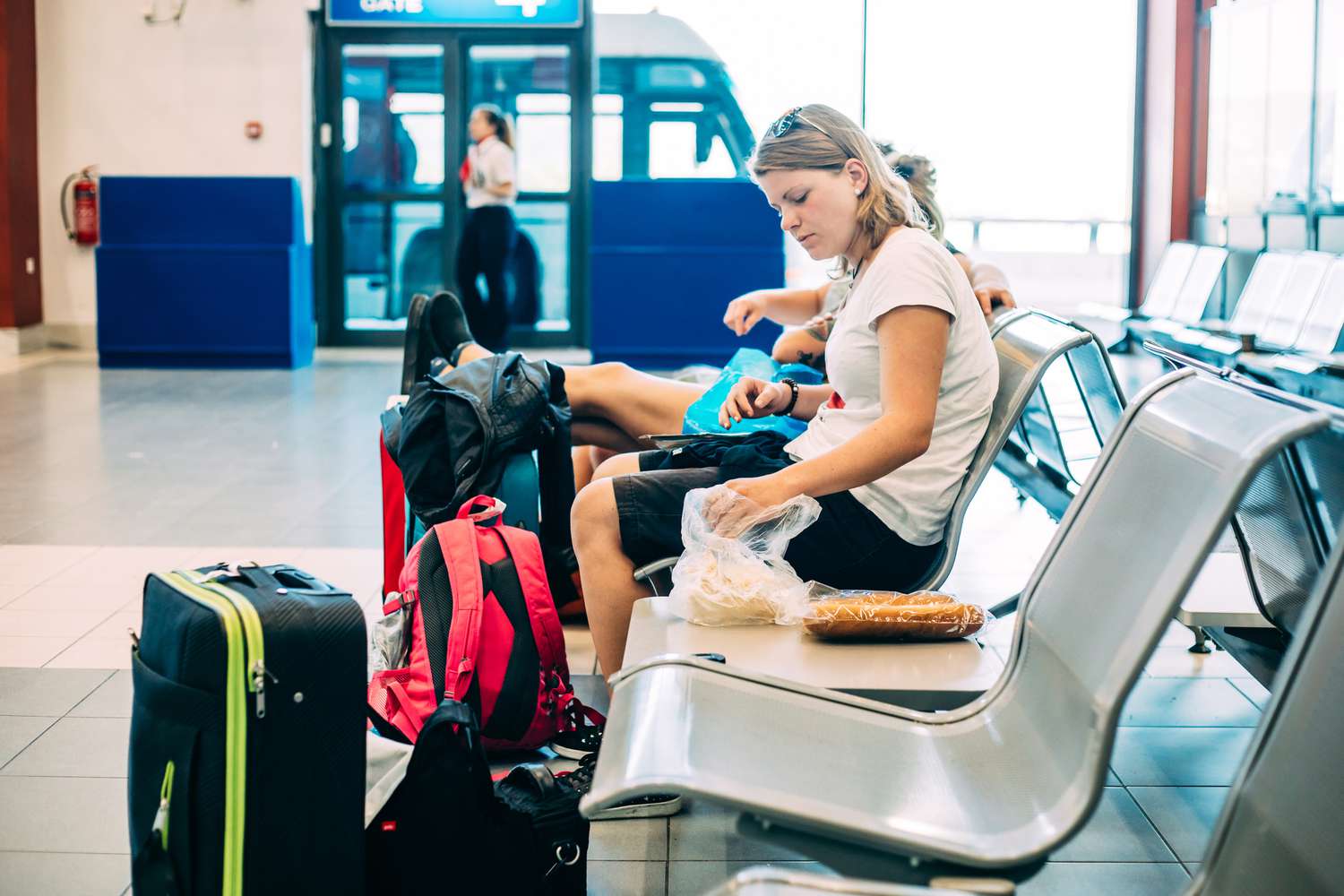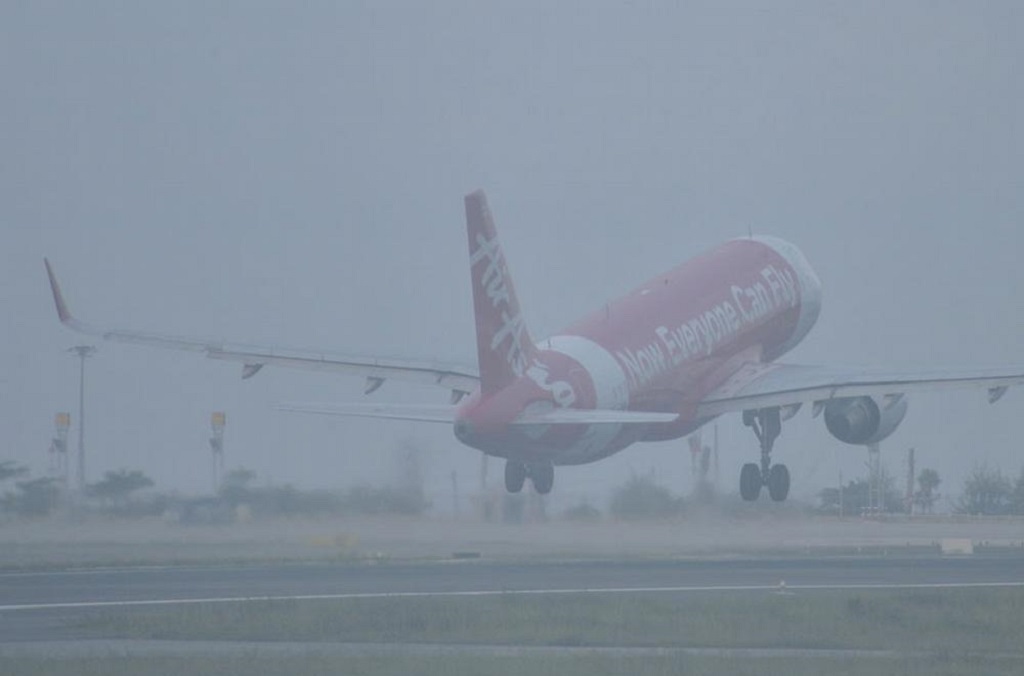Thailand has cautioned both foreign visitors and locals, particularly those returning from South Korea and Japan, that bringing fresh fruits into the country without a legal permit will result in imprisonment.
The Department of Agriculture reminded Thais and overseas visitors that bringing fruits from other countries requires a phytosanitary certificate.
Passengers who breach the Plant Quarantine Act face a 20,000 baht (US$584) fine, a one-year prison sentence, or both, according to the agency.
“This is a travel season in Thailand, with many tourists from Thailand and abroad, particularly those returning from South Korea and Japan.”
“When they return to the country, they like to buy fresh fruits like persimmons and grapes, which are cheaper than in Thailand.” “We would like to warn them that this behaviour may be illegal without their knowledge or intent,” said Rapeephat Chantarasriwong, the department’s chief.
Rapeephat also stated that unlawful produce would be removed and burnt at high temperatures to avoid viruses from wreaking havoc on Thailand’s agricultural economy, according to the KhaoSod News. He also stated that the agriculture ministry and airport officials are developing strategies to implement the rule.
According to officials, Bangkok’s Suvarnabhumi airport often seizes unapproved fresh fruits and vegetables from inbound passengers.
An Australian visitor was stopped earlier this month at Phuket airport for attempting to import papaya and coconut without the necessary documentation.
Last year, a British couple was detained at Bangkok airport for attempting to sneak in mangoes hidden inside their luggage.
According to the tourism ministry, Thailand would have 11.15 million foreign tourists in 2022, up from around 428,000 the previous year when pandemic-related travel restrictions were in effect. This year, the kingdom anticipates 25 million overseas visitors.
Toxic haze Threatens Tourism in Northern Thailand
As Songkran, Thailand’s traditional new year, approaches, toxic air pollution in Northern Thailand casts a shadow over the event and tourism, making travellers and businesses concerned about fully enjoying the festivities.
Expectations remain high among businesses, and this year’s Songkran is projected to be the liveliest since Thailand began dealing with the COVID-19 outbreak three years ago, according to the Centre for Economic and Business Forecasting (CEBF) of the Thai Chamber of Commerce University.
Spending of 125 billion baht is expected.
Each Songkran festival-goer is predicted to spend an average of 7,091 baht on tourism, suggesting a recovery in the economy supported by increased tourist numbers and tourism growth.
Thais and tourists alike will take part in public water fights from April 13 to 15, viewed as a purification ritual in the Southeast Asian nation for the first time in three years since the COVID-19 outbreak stopped Thailand from celebrating its iconic New Year celebrations.
However, Thailand is currently experiencing its worst air quality of the year as a result of the yearly smoky season (January to March), when farmers burn fields to prepare for the following harvest.
The severe transboundary haze pollution was discussed earlier this week between Thailand, Laos, and Myanmar. According to satellite images from the Thai Geo-Informatics and Space Development Agency, thousands of fire hotspots have been found throughout Thailand and surrounding nations.
Chiang Mai Worlds Worst Air Pollution
PM 2.5, or fine particulate matter, is made up of microscopic particles with a diameter of less than 2.5 micrometres; they are regarded to be particularly dangerous since they contain a variety of toxic pollutants and are small enough to enter the lungs and circulatory system.
Chiang Mai has been the most polluted city in the world for at least seven days, according to the Air Quality Index (AQI), a Swiss company that analyses air quality throughout the world.
According to the Khaosod English daily, a study of local businesses reveals that domestic traffic to Chiang Mai is already down for this time of year.
Mantana Boonset, reservations supervisor at Chiang Mai’s Anantara Resort, told VOA that bookings had been cancelled in recent days, notably by guests from the United States, China, and the United Kingdom, who are concerned about the pollution’s impact on their health.
Rightly so: Thailand’s Disease Control Department revealed on March 9 that more than 1.32 million individuals had reported pollution-related ailments in 2023, so it’s no surprise that visitors are becoming increasingly concerned about visiting Thailand.








